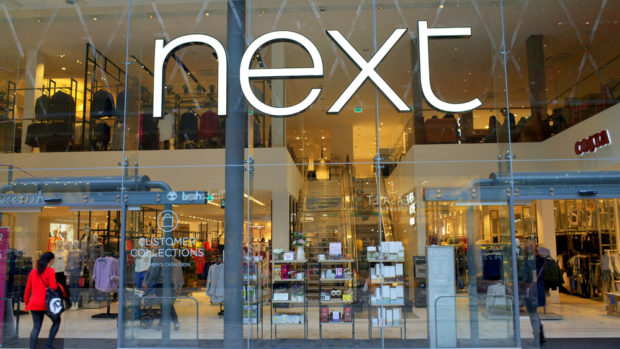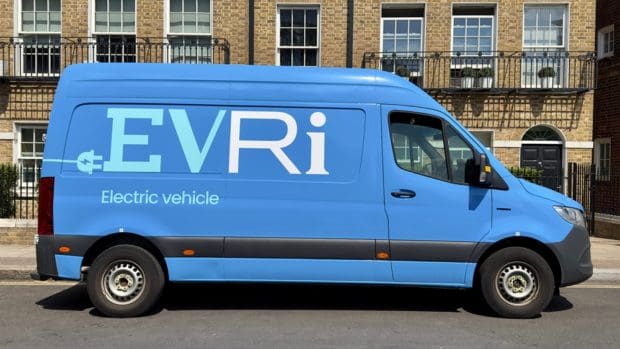Eskenzi has announced the results of a survey, which found that over a third (34 per cent) of UK consumers have stopped purchasing goods and services from the European Union since the UK officially left the world’s largest trading block at midnight on the 31st December 2020.
Since this historic change in the relationship between Europe and the UK, stories have circulated – anecdotally and in the media – about the changing relationship between EU retailers and British consumers, with Mastercard reportedly hiking fees on UK consumers purchasing goods from the EU, and the Guardian reporting in January about £100 custom bills for UK consumers. However, these survey results indicate that the mass exodus of UK consumers from Europe appears to be moving at a slower rate than many experts predicted.
“Following all the bad publicity around buying products from the EU post Brexit, it is clearly having an impact on consumer buying habits”, said Yvonne Eskenzi, director at Eskenzi PR. “It is evident to see that UK consumers are being put off buying goods from the EU due to the various complications Brexit has created. We can only hope that this is a temporary measure: Post-Brexit Britain is still in its embryonic stage, and the true nature of our new relationship will have to be measured across the course of the following months – and indeed, years.”
The survey also revealed the following trends:
Costs and delays were the biggest concern for younger consumers, with 24 per cent of 16–24-year-olds suggesting an increase in cost had put them off, and 26 per cent suggesting increased delays were behind the decision to stop shopping with Europe. Men appeared to take a more ‘combative’ stance to EU relations than women, with nearly double the men indicating they would not buy EU goods for ‘ideological reasons’ as opposed to their female counterparts.








Share